Heightened family dynamics, former hometowns, teenage bedrooms and the oncoming of a new year: whether it’s truly a time of festive cheer or fraught with dread, Christmas inevitably brings up our respective comings of age. When it comes to Yuletide viewing, familiar patterns feel inevitable, too – it feels apt to zone in on a) something everybody at home wants to watch and b) something that involves at least a smattering of snow. But I would propose that many films that speak to our shared girlhoods (or boyhoods) make for appropriate end-of-year viewing. Sharing the same themes that interest us at Christmas, such films spark the same kinds of feelings that are already in the frosted air at this time of year.
I may not know if Die Hard is a Christmas movie, but I would like to throw the following in the mix as the best Christmassy coming-of-age films that, in some cases, aren’t set at Christmas at all.
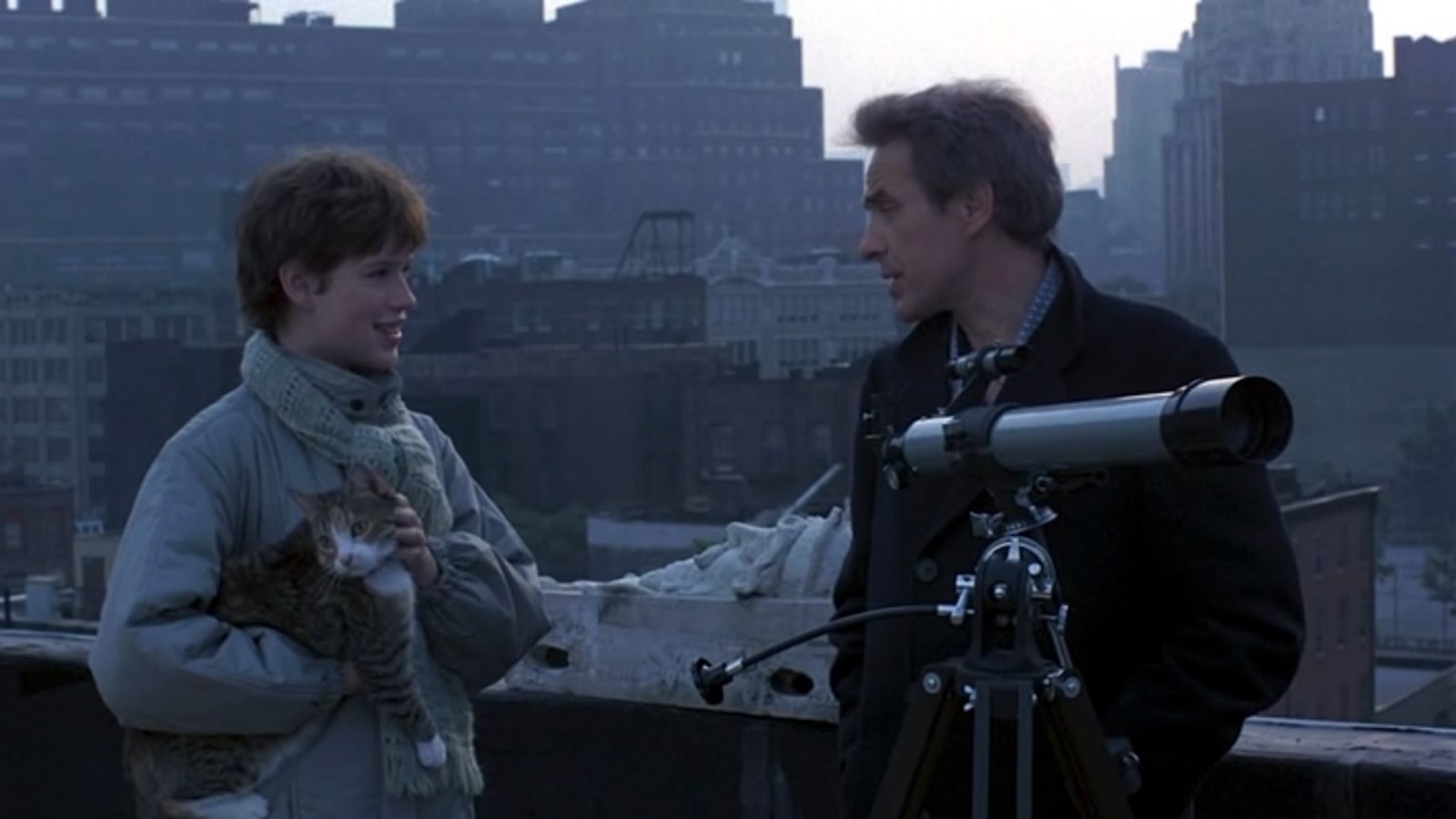
Tempest, 1982
A young Molly Ringwald isn’t even named in the trailer credits for this film – the 80s teen queen’s debut – which is, after all, how one’s arrival at an extended family Christmas can often feel. A strange and uneven movie that loosely adapts Shakespeare’s most difficult play, the story is ostensibly that of the mid-life crisis of one middle-aged architect (John Cassavetes) and the women in his life: actual wife Gena Rowlands, his new lover Aretha (Susan Sarandon), and his teenage daughter Miranda. While much of the surreal action takes place on the remote Greek island that the father-and-daughter duo decamp to, the flashback scenes in New York between Ringwald and Cassavetes are really special: jogging around New York in matching pastels, attending a glamorous New Year’s Eve party or arguing about her wish to attend a Go-Go’s concert and dye her hair pink and blue.
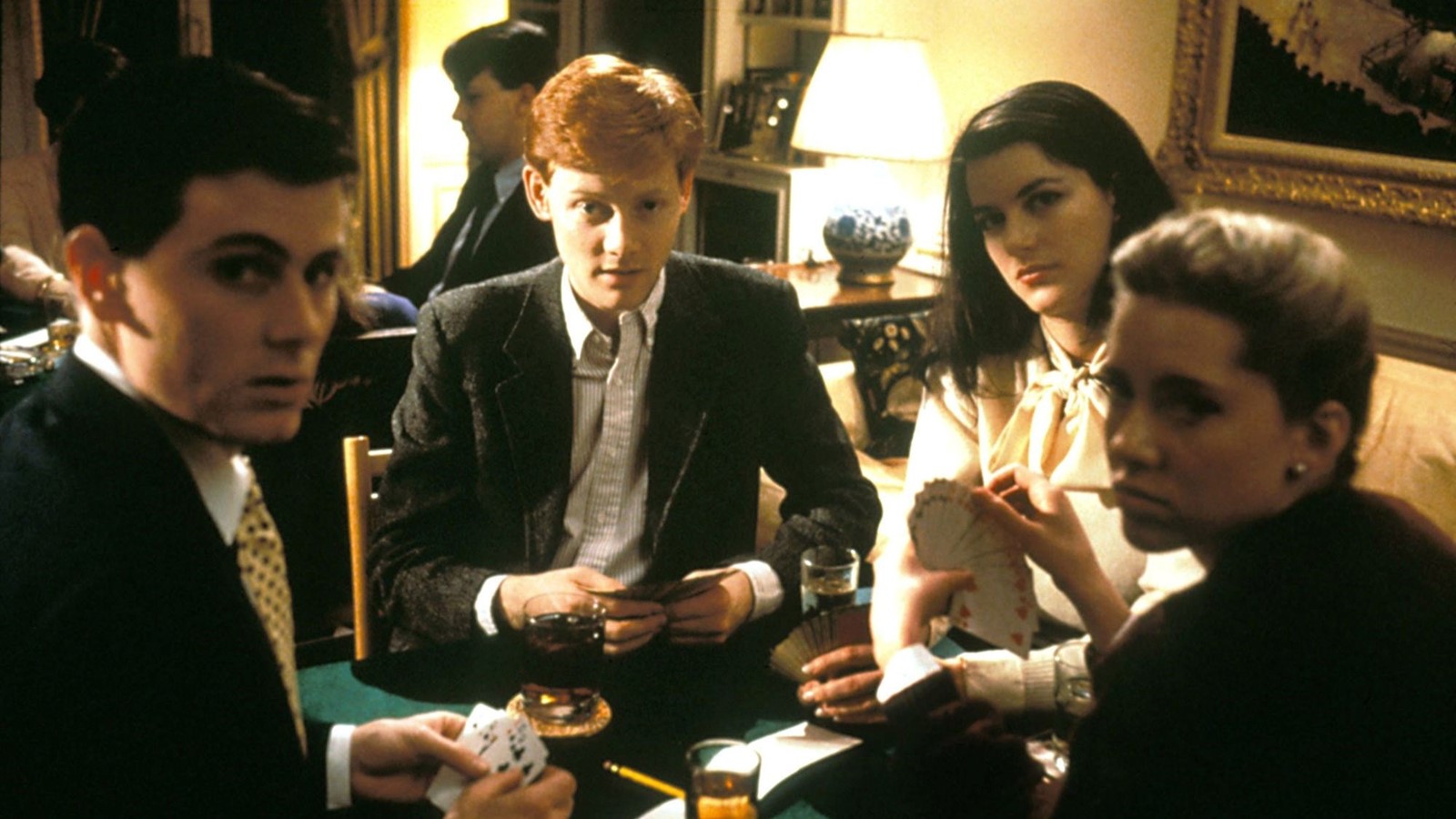
Metropolitan, 1990
“Tom and Audrey, Cha-cha-cha!” Eminently quotable, charming and drenched in a healthy dose of Yuletide cynicism, the Manhattan-set Metropolitan exists in a late 20th-century world where everyone is articulate, the apartments are capacious, and the card games go long into the night. The central coming-of-age is that of Audrey (Carolyn Farina), navigating an unrequited crush in the melee of the debutante ball season; my favourite, highly-relatable scene is where Audrey goes Christmas shopping for books in the midst of her deepest depression.
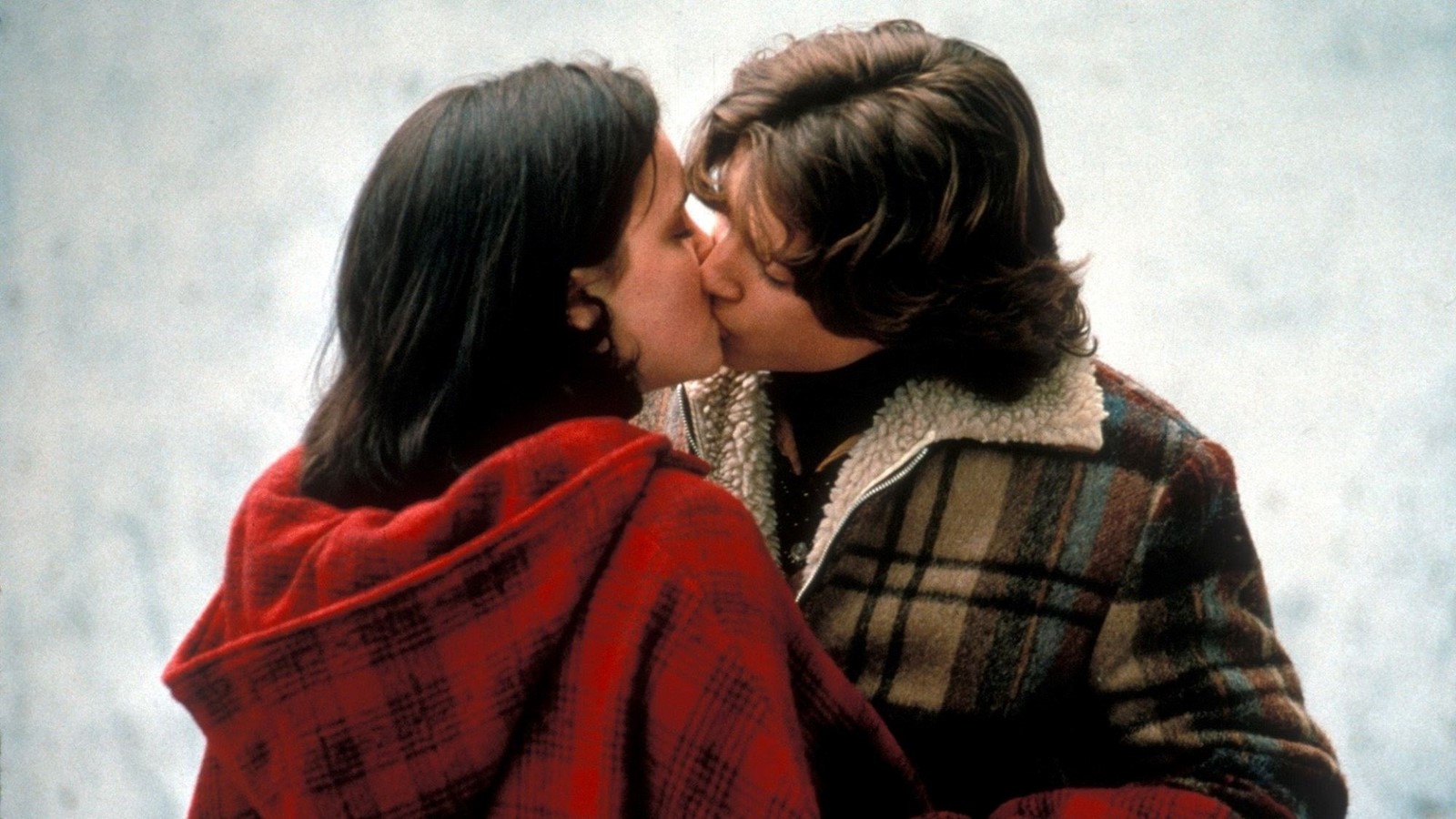
The Ice Storm, 1997
Based on a 1994 acclaimed novel by Rick Moody, The Ice Storm is set in Connecticut over the Thanksgiving weekend of 1973, as an ice storm begins to rage outside, and the infidelities and secrets of two neighbouring, upper-middle-class families come to light inside. While the adults deal with the fallout of their own irresponsible behaviour (among them, Kevin Kline and Sigourney Weaver), their teenage children each test limits in their own ways. Wendy, played by a young Christina Ricci, is the force of nature who drives much of the action, as she seeks to exert control over the boys who love her.
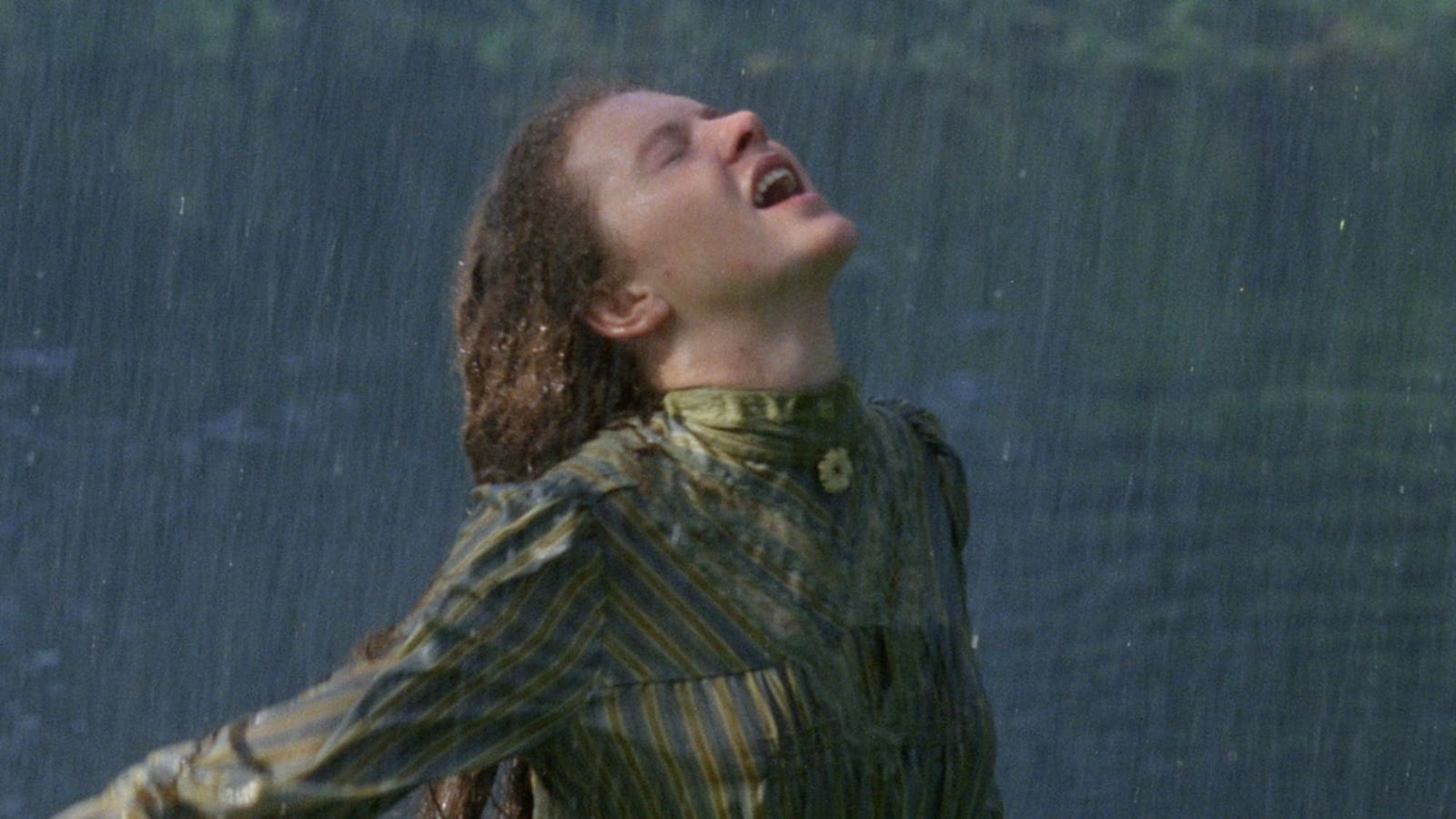
My Brilliant Career, 1979
If you have seen Greta Gerwig’s Little Women (2019) one too many times over Christmas, you may wish to seek this alternative tale of a young woman pursuing her dream of being a writer despite the expectations of 19th-century polite society. The comparison is apt: Gillian Armstrong, the director of My Brilliant Career, directed the Winona Ryder and Christian Bale-starring Little Women adaptation of 1994 after all. Here, the legendary Judy Davis stars as Sybylla, who hurricanes her way through every social expectation expected of her in this lush, rural Australia-set drama.
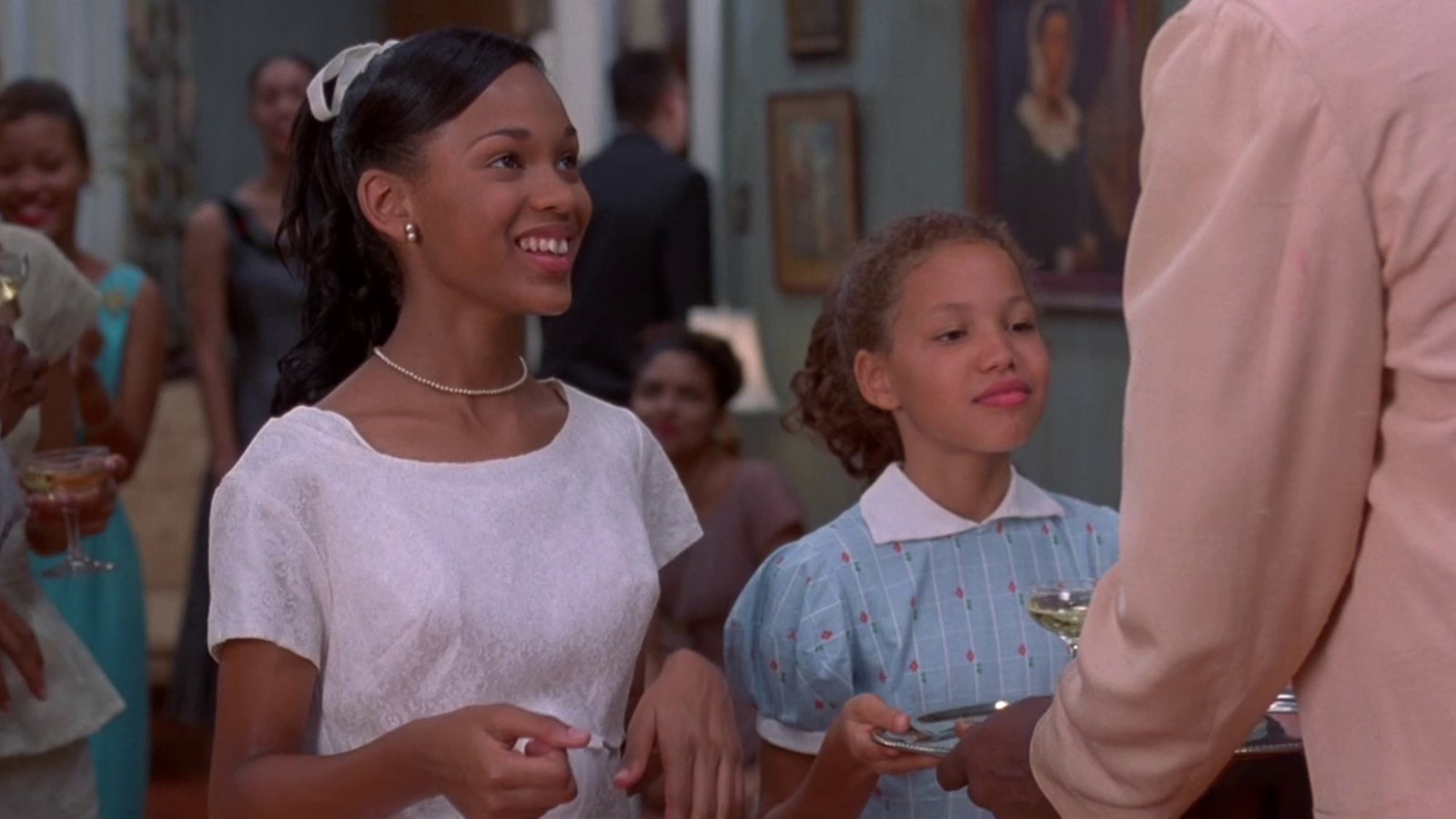
Eve’s Bayou, 1997
The directorial feature debut of Kasi Lemmons (who most recently directed the Whitney Houston biopic, I Wanna Dance With Somebody in 2022), Eve’s Bayou begins with one of the most charged family party scenes I’ve seen on film: filled with 1960s jiving, champagne coupes and the kind of sheen of artificial joy that it always take a child’s eyes to ask any questions of. An underrated, troubling tale of the respective comings of age of ten-year-old Eve (Jurnee Smollett), and her 14-year-old sister Cisely (Meagan Good), this film stays with you: and is all the richer for its tribute to Creole lineage, and a Southern Gothic atmosphere updated for the 1960s.
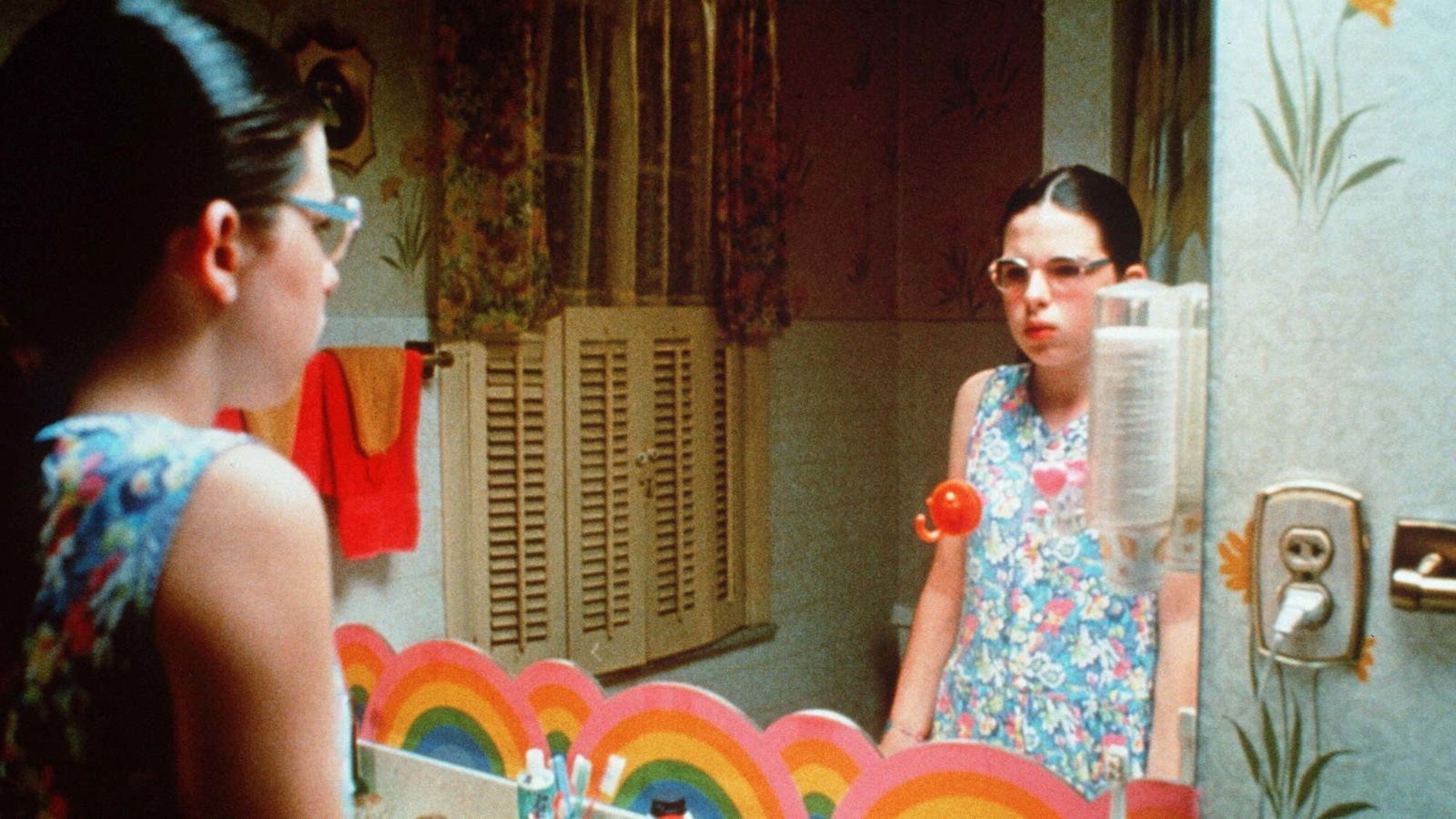
Welcome to the Dollhouse, 1995
I recently wrote about the clacky hair baubles of Dawn (Heather Matarazzo) in Welcome to the Dollhouse, a film I somehow watched only recently, after seeing Natasha Stagg had curated a showing of it at the Metrograph in New York. The dark comedy of the dynamics of the Weiner clan – 12-year-old “Weiner Dog”, older brother Mark, father Harv, mother Marj and younger sister Missy – are painfully real: the small, everyday betrayals between parents and children, and brothers and sisters, that the film bears witness to make you feel like you’re un unwitting guest in the household’s spare bedroom. And if these are the Weiner’s normal, everyday mealtimes, I can only imagine what Christmas day is like …
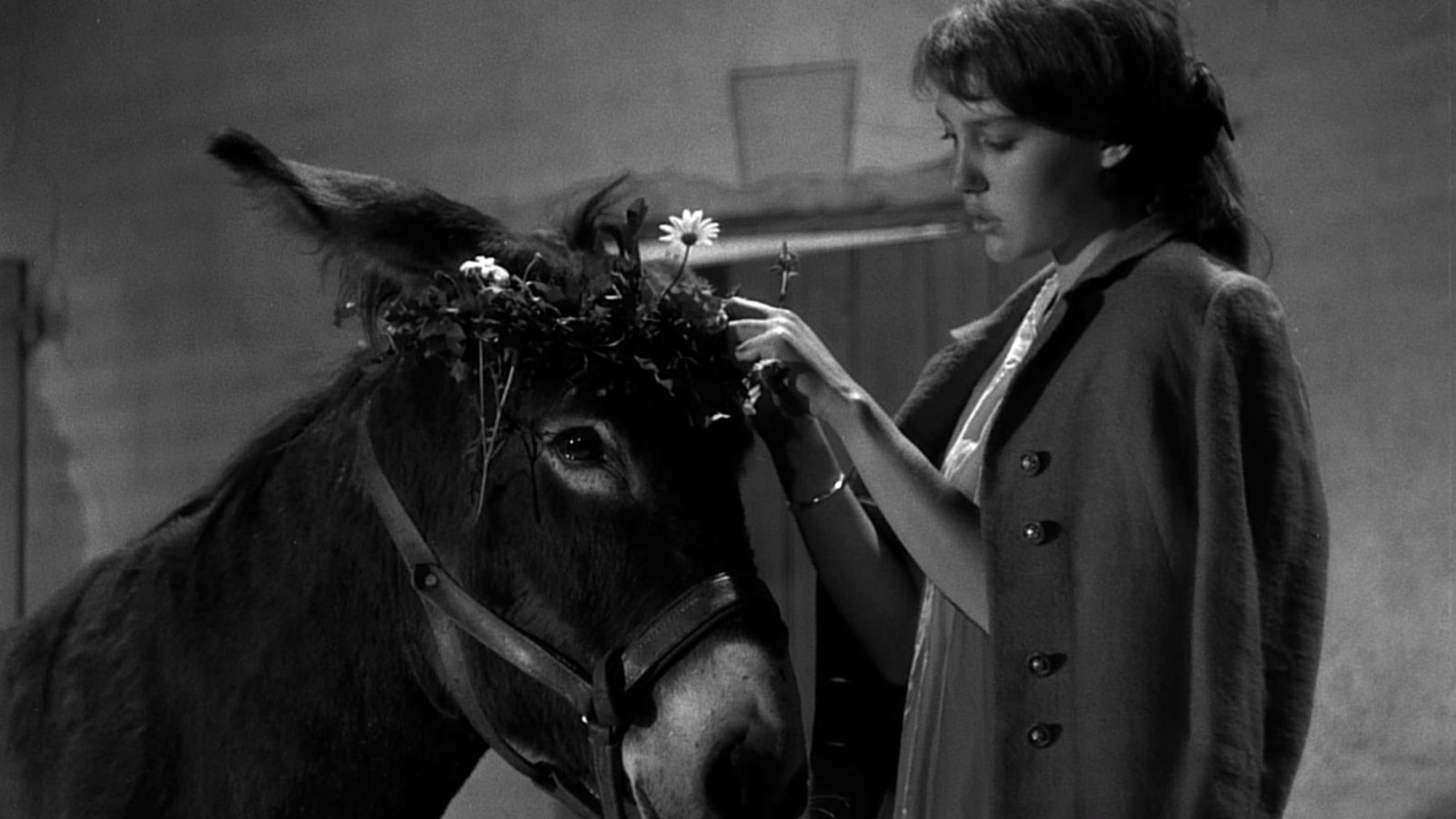
Au Hasard Balthazar, 1966
I like to watch searing portraits of human desperation at Christmas – don’t you? Bresson, who often gave voice to overlooked teenage life in his films – like the tragic teen girl protagonist of Mouchette (1967), or the nihilistic boyhoods on display in The Devil, Probably (1977) – here ostensibly details the life of a farmer’s donkey who is named after one of the Nativity’s Three Wise Kings. Passed from owner to owner and mistreated his whole life, the donkey’s hardships in the film parallels its original owner, the idealistic teenage girl Marie to whom life (in classic Bresson fashion) deals a harsh hand.
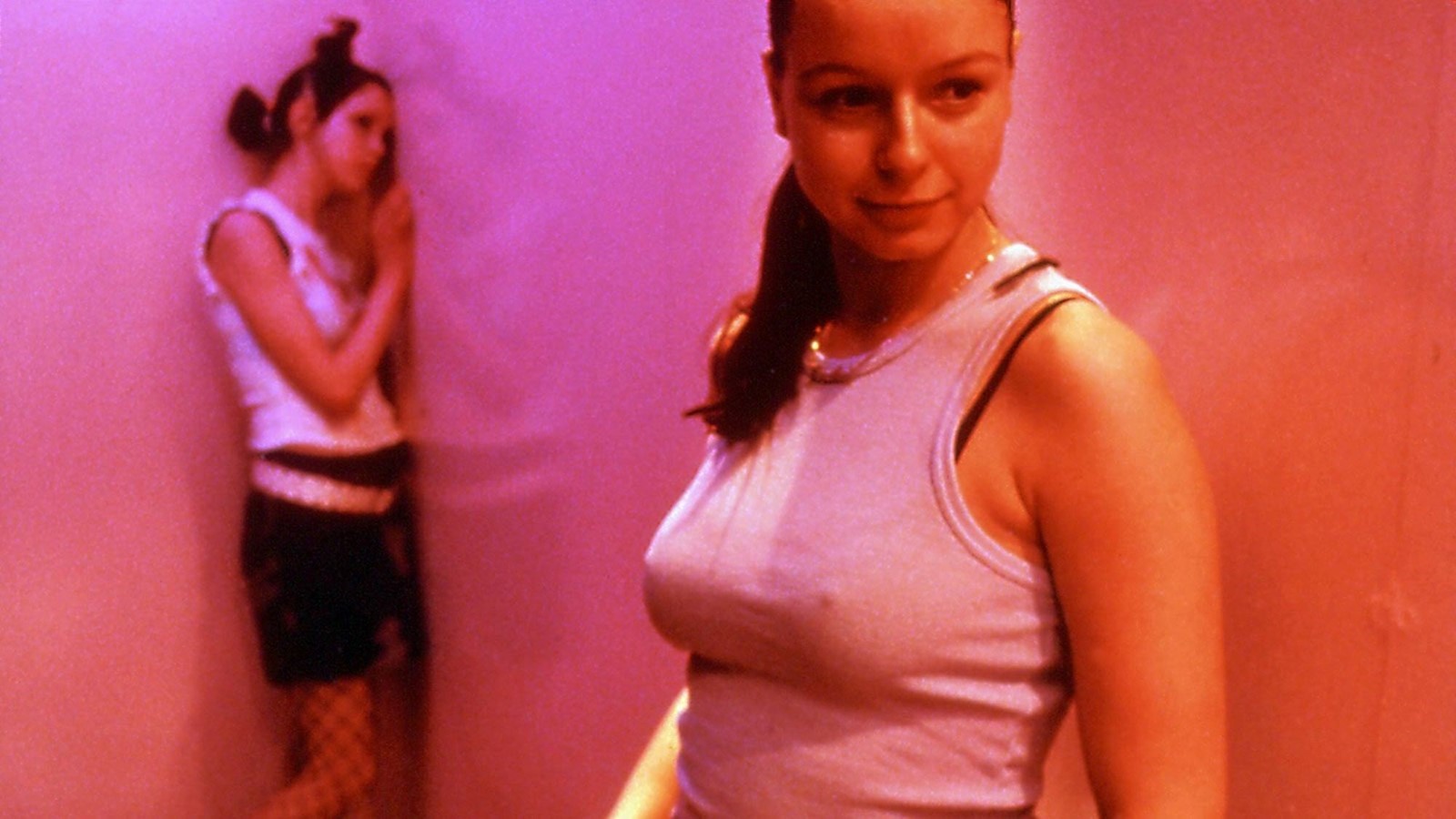
Morvern Callar, 2002
Morvern Callar begins on Christmas day with the titular character’s discovery of her boyfriend’s dead body lying in a pool of blood next to their Eyes Wide Shut-esque tree. From there, the rural Scotland-set adaptation of Alan Warner’s experimental novel traverses wild house parties, bleary one-night stands, and an unexpected girls’ trip to Spain: Samantha Morton, playing Morvern, scorches the earth behind her as she inhabits a character whose motivations are always just out of the audience’s reach. There are no Christmas carols to be found here: the disaffected soundtrack is strictly Aphex Twin, Broadcast, Boards of Canada et al.